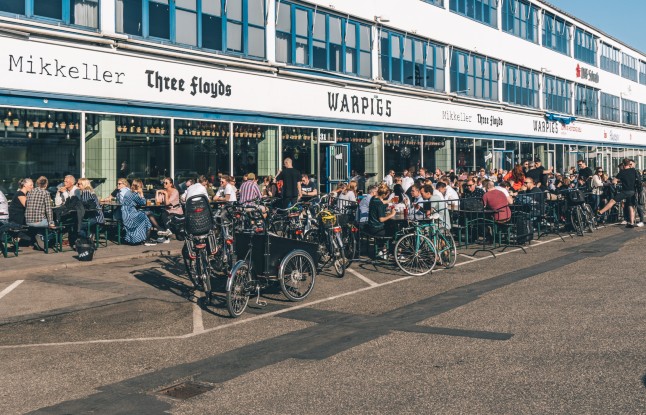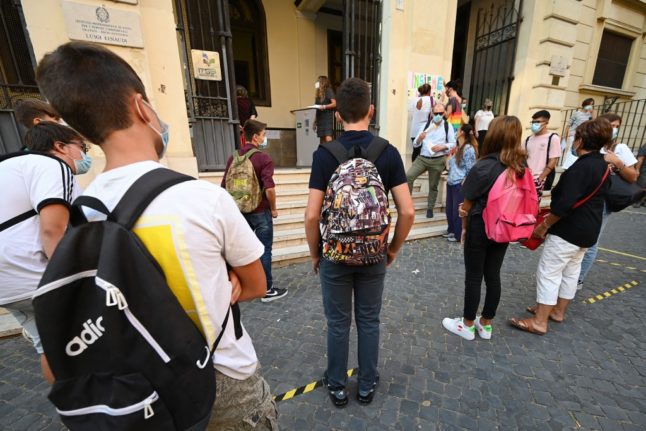New infections have eased off in Denmark as vaccine rates have climbed, reaching over 70 percent of the overall population.
But as the Scandinavian country looked ahead to a new post-pandemic reality, the WHO warned that vaccines alone may not end the pandemic and the virus could be around for years.
One Denmark resident said the lifting of the last curbs was “liberating” after a tough pandemic slog.
“It’s been a rough couple of years. I have three kids and we have had homeschooling and it’s been a lot of hard days,” Klaus Sylvester said.
“It’s quite liberating that Denmark no longer has restrictions.” The nightclub rule was the last in a long line of measures that Denmark has gradually lifted in recent months.
READ ALSO:
- We’re on the other side of the pandemic: Denmark lifts last Covid-19 restrictions
- Covid-19 vaccination to be offered at Danish supermarkets
It is now the only nation in Europe to have no restrictions in place after Iceland lifted all its measures in June, only to reimpose them after cases spiked again.
Denmark introduced Covid passports in March 2021 as part of a gradual easing of rules.
On August 1 it lifted the Covid pass requirement at museums and indoor events with fewer than 500 people, before ditching it for major events, while masks have not been required on public transport since mid-August.
On Saturday, a sold-out concert in Copenhagen will welcome 50,000 people, a first in Europe.
“We are definitely at the forefront in Denmark as we have no restrictions,” Ulrich Rum-Petersen, an event promoter, told AFP. “We are now on the other side of the pandemic thanks to the vaccination rollout.”
Danish authorities insist the virus is under control, with around 500 daily Covid cases and a reproduction rate of 0.7.
Vaccines have been swiftly rolled out, with 73 percent of the 5.8 million population fully vaccinated, and 96 percent of those 65 and older.
Cautious optimism
Optimism was tempered Friday as the World Health Organization’s Europe boss warned that vaccines were not likely to end the pandemic for good. Instead, jabs will help prevent serious disease and death, though the virus is likely to be around for years to come as it mutates, said Hans Kluge.
“We should anticipate how to gradually adapt our vaccination strategy to endemic transmission and gather really precious knowledge about the impact of additional jabs,” he told reporters in Copenhagen.
Denmark made third doses available to vulnerable groups as of Thursday, and the health minister said vaccines played an important role in helping the country return to normal.
But he struck a cautious note.
“Daily life is basically back to normal, but that doesn’t mean there won’t be any danger down the road,” Magnus Heunicke said Friday.
“The virus has mutated several times, so I can’t make any guarantees. But with this many people vaccinated, we are well set,” he told Danish television TV2.
Christian Nedergaard, who owns several restaurants in Copenhagen, said that while everyone is happy about the return to normal life, “the situation is still complicated”.
“The memory of coronavirus will fade very quickly from some people’s minds but not for everyone, and for restaurants this period has for sure been a game-changer,” he said.
Karoline Heiberg, a 24-year-old Copenhagener, said she felt conflicted about the lifting of all restrictions.
“On the one hand I’m excited … because I miss pre-corona life,” she said. “But on the other hand I don’t feel quite safe” she said, especially “on public transportation, people cough all the time.”



 Please whitelist us to continue reading.
Please whitelist us to continue reading.
cant but love this country, go Denmark!